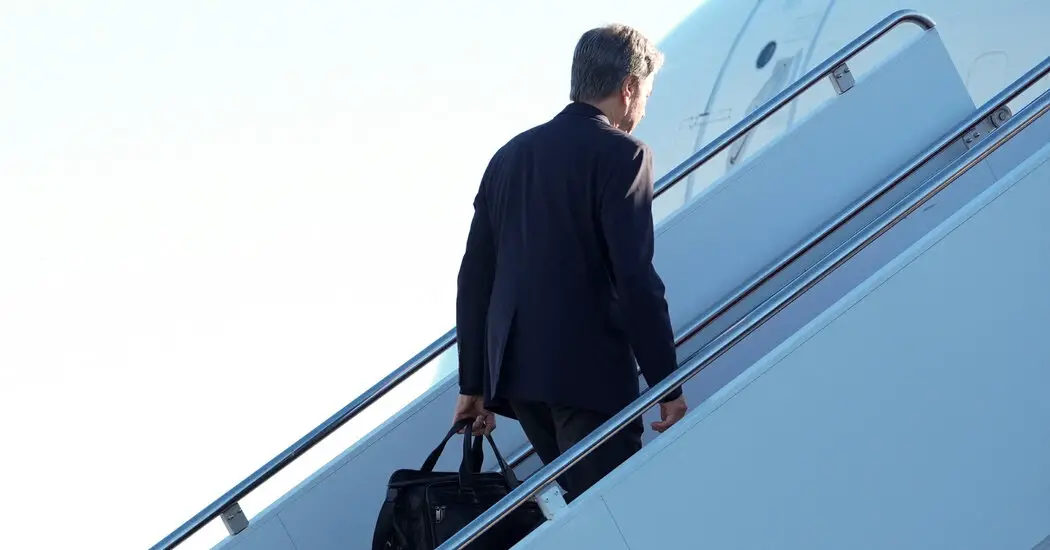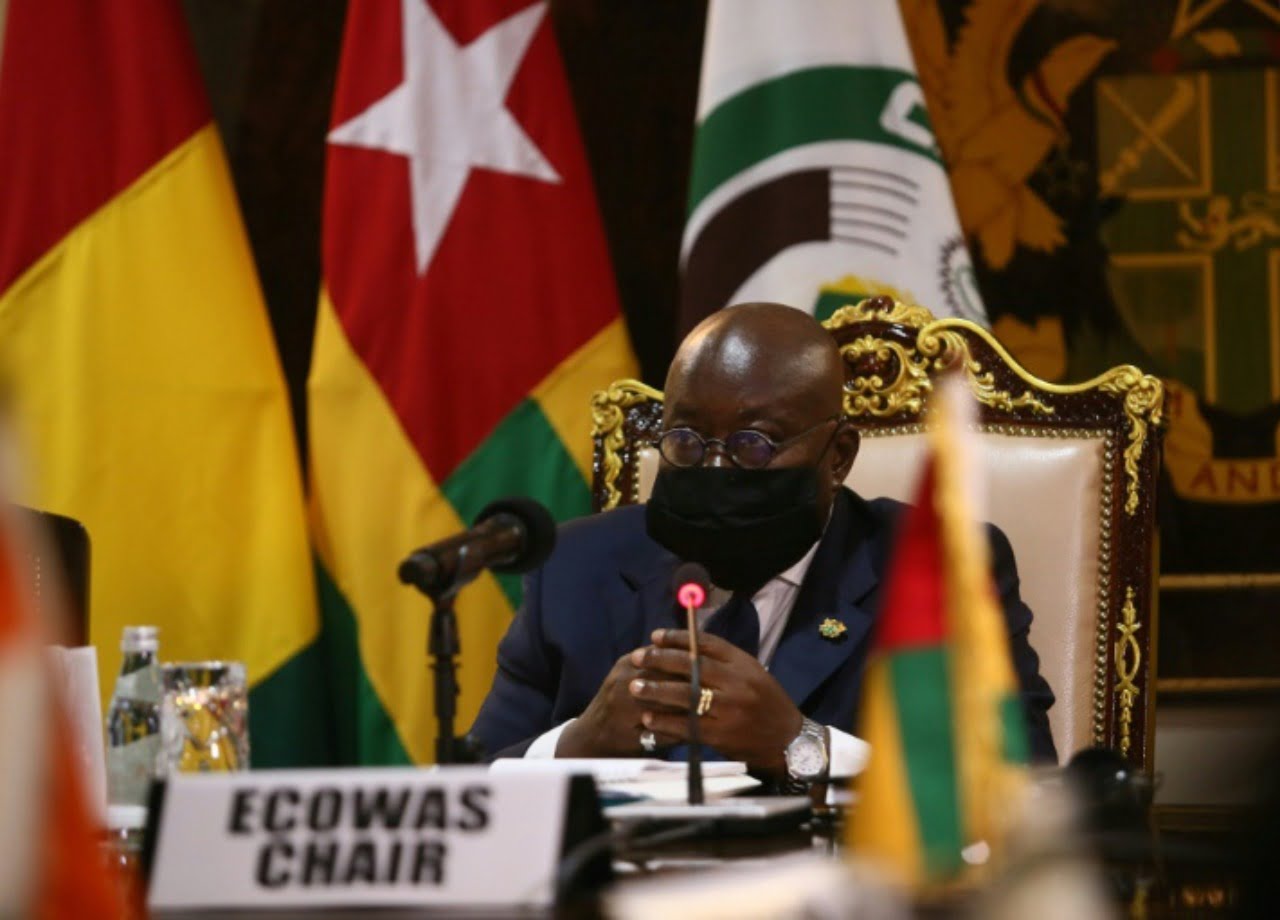
Secretary of State Antony J. Blinken will arrive in China on Wednesday to try to preserve the recent and delicate stabilization of ties between the United States and China, as tensions over trade, territorial disputes and national security threaten to derail relations again.
Even as Mr. Blinken’s plane approached Shanghai, the challenges ahead were apparent. He was set to land just hours after the U.S. Senate passed a bill, which President Biden is expected to quickly sign into law, that provides $8 billion to Taiwan and the Indo-Pacific region, and could also lead to a nationwide ban on the Chinese-owned app TikTok.
The political season in the United States also looms as a complication. With the presidential election nearing, Democrats and Republicans are vying to appear tougher on China. And if former President Donald Trump is re-elected, he could reverse Beijing’s and Washington’s efforts to steady the relationship.
During Mr. Blinken’s three-day trip, which will also include a visit to Beijing, he plans to press Chinese officials on a wide range of issues, including its support for Russia, cheap Chinese exports that U.S. officials say threaten American jobs, and Chinese ships’ aggressive maneuvers in the South China Sea, a senior State Department official told reporters in a telephone briefing.
Chinese officials are likely to bring up American support for Taiwan, the self-governing island that China claims, and trade restrictions that Beijing calls discriminatory.
Mr. Blinken is expected to meet with China’s foreign minister, Wang Yi. It is not clear whether he will meet with China’s leader, Xi Jinping, as he did during his last visit, in June.
That visit — the first by an American secretary of state to China since 2018 — came at perhaps the worst moment in U.S.-China relations in recent years. High-level military communications were cut off, and neighboring countries worried that the two powers might stumble into a war.
Since then, relations have thawed somewhat. China’s economy is slowing, and Beijing has adopted a softer diplomatic tone to attract more foreign investment. Washington, though continuing to warn that China poses a global security threat, has said it wants to keep communication open.
In November, Mr. Biden and Mr. Xi met for four hours near San Francisco. Afterward, China agreed to resume cooperation with the United States on fighting the global production of fentanyl, and both countries affirmed the importance of restoring cultural exchanges. The two leaders also spoke by phone this month.
Last week, the countries’ top defense officials held a video conference, their first substantive engagement since late 2022.
But new sources of tension are rising. Western officials have grown increasingly vocal about concerns that China is backing Russia in its war in Ukraine. Treasury Secretary Janet Yellen, during her own visit to China earlier this month, warned of “significant consequences” if Beijing provides material support. China has maintained that it is not, while deepening ties with Moscow. Mr. Xi hosted Russia’s foreign minister this month, and President Vladimir V. Putin of Russia is expected to visit China soon.
U.S. officials have also said China is dumping cheap electric vehicles and solar panels in overseas markets, hurting American companies. China has rejected the accusations as smacking of protectionism.
Chinese ships’ aggressive behavior in waters disputed with the Philippines and Japan has also raised concerns about a possible clash that could draw in the United States, a treaty ally of those countries.
On Taiwan, perhaps the most sensitive issue in the U.S.-China relationship, the island is set to inaugurate its new president, Lai Ching-te — whom Beijing reviles as an advocate of Taiwanese independence — next month.
China’s defense minister, Dong Jun, told U.S. Defense Secretary Lloyd Austin during their call that China would “brook no compromise” on Taiwan, according to the Chinese readout.
Within the United States, anti-China rhetoric is likely to intensify as the Democrats and Republicans compete to outdo each other on one of the few areas of bipartisan agreement. Campaigning last week in Pennsylvania, a steelworking stronghold, Mr. Biden called for raising tariffs on steel imports from China.
“We had high hopes after the San Francisco summit, but recent developments are putting a lot of stress on the relationship,” said Xie Tao, the dean of the School of International Relations and Diplomacy at Beijing Foreign Studies University. “When you add all these negative developments together, you have a pretty depressing picture of the U.S.-China relationship right now.”
Both countries have reason to try to prevent escalating tensions. The United States has asked China to help restrain Iran, with which it has good relations, from pushing its hostilities with Israel into full-blown war. And China is eager to stave off further tariffs from the United States, as strong exports have helped it counterbalance its housing crisis and weak consumer spending.
But both countries may also have little room for diplomatic maneuvering, because of hardening public opinion on both sides.
“There are already so many irritants and issues of mistrust within the relationship,” said Allen Carlson, a professor of international relations at Cornell University.
“If you have a pot which is already close to boiling, it only takes adding a degree or two to push things over the edge.”







